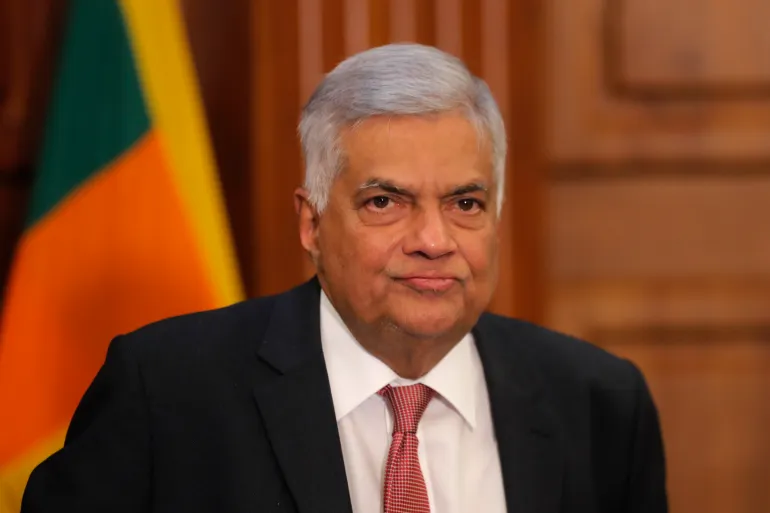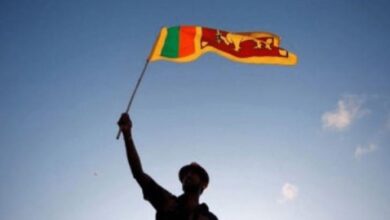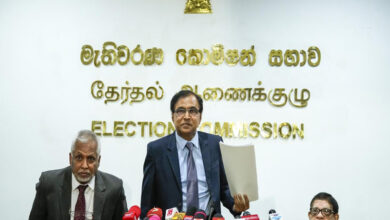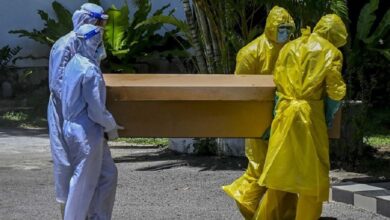Plans afoot to establish first non-government medical faculty in SL: Ranil Wickremesinghe
He expressed hope that the government would support the establishment of additional medical colleges and universities, ensuring that Sri Lanka can produce more doctors.

Colombo: Plans have been made to establish the first non-government medical faculty in Sri Lanka in a move to expand medical education opportunities and find solutions to the challenges posed by the shortage of doctors, President Ranil Wickremesinghe said.
The President highlighted the allocation of the South Asian Institute of Technology and Medicine (SAITM) to Moratuwa University, aiming to create more medical education institutions, the President’s Media Division (PMD) said.
He expressed hope that the government would support the establishment of additional medical colleges and universities, ensuring that Sri Lanka can produce more doctors.
The President said that while some doctors may choose to practice abroad, increasing the overall number of medical professionals in the country is essential. He affirmed that expanding medical education is a critical strategy to meet this challenge.
He expressed these views while addressing the commemoration of Joseph Fraser Ninewells Hospital’s centennial anniversary at the hospital premises.
He underscored the crucial importance of maintaining Sri Lankan healthcare facilities at international standards, positioning the nation as a premier hub for medical tourism.
The President emphasized the critical need to address the shortage of medical professionals in Sri Lanka. He shared insights into the government’s plans to bolster medical education in the country, ensuring a sustainable supply of doctors.
President Wickremesinghe acknowledged the hospital’s origins in an underdeveloped region and its significant growth over the years. He praised the institution’s high standards and highlighted its distinction as a well-regarded healthcare facility for women, a rarity in Sri Lanka.
President Wickremesinghe reiterated the need for Sri Lanka to excel in healthcare to attract medical tourists and bolster the nation’s healthcare sector. He emphasized the necessity of restructuring healthcare policies and increasing the number of medical colleges to address the shortage of doctors.
In an inspiring declaration, President Wickremesinghe underscored Sri Lanka’s transition from an aid-receiving country to a donor nation, showcasing the country’s progress and commitment to addressing its healthcare needs independently.
“Indeed, I have resolved that Sri Lanka shall not merely remain a beneficiary of aid; instead, we aspire to evolve into a nation that contributes aid to others. We have extended our support by sending our doctors to the United Kingdom, where these dedicated expertise plays an indispensable role in sustaining their healthcare system. Collaboratively, with Pakistan, Bangladesh, and India, we exert significant influence over the healthcare infrastructure in the UK, a testament to the high calibre of our professionals.
I find myself in a situation similar to that of a doctor in recent times. I am tasked with the responsibility of tending to a patient who is teetering on the brink of critical condition, and I am steadfastly committed to nursing them back to health. If circumstances permitted, I would readily entrust this patient to the care of Joseph Fraser. Regrettably, circumstances necessitate that I retain oversight of the patient’s care within the Treasury,” President Wickremesinghe said.




![The United Kingdom removed the people who lived in the Chagos Islands to establish the military base. The displaced Chagossians have taken legal action arguing the UK illegally maintains sovereignty over the islands [file: Mike Corder/AP Photo]](https://southasiancorrespondent.com/wp-content/uploads/2024/07/sri-390x220.jpg)